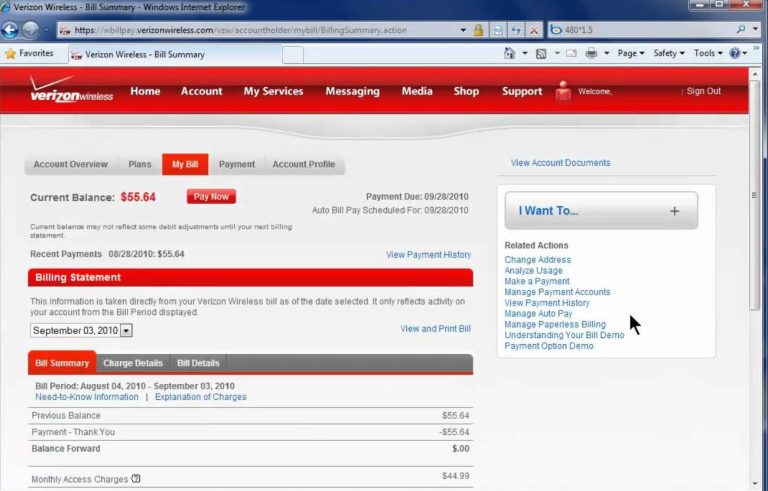Being self-employed comes with a unique set of challenges and rewards. While you enjoy the freedom and flexibility of being your own boss, you also miss out on certain benefits that traditionally employed individuals receive, such as employer-sponsored life insurance. That’s why securing the best life insurance for self-employed individuals is crucial for protecting your loved ones and ensuring their financial well-being in your absence.
Understanding the Importance of Life Insurance for Self-Employed
Life insurance acts as a financial safety net for your family in the event of your untimely demise. It provides a lump sum payout, known as the death benefit, to your designated beneficiaries. This money can be used to cover various expenses, including:
- Final expenses: Funeral costs, medical bills, and outstanding debts.
- Income replacement: Replacing your income to support your family’s lifestyle and maintain their financial stability.
- Mortgage payments: Ensuring your family can stay in their home.
- Education expenses: Funding your children’s education.
- Retirement savings: Supplementing your spouse’s retirement income.
Types of Life Insurance for Self-Employed
There are two main types of life insurance to consider:
- Term Life Insurance:
- Provides coverage for a specific period, such as 10, 20, or 30 years.
- Offers the most affordable premiums for a given amount of coverage.
- Ideal for temporary needs, such as income replacement during your working years or covering your mortgage.
- No cash value accumulation.
- Permanent Life Insurance:
- Provides lifelong coverage as long as premiums are paid.
- Offers a cash value component that grows tax-deferred over time.
- Can be used for various purposes, such as supplementing retirement income or leaving a legacy for your loved ones.
- Higher premiums compared to term life insurance.
Factors to Consider When Choosing Life Insurance for Self-Employed
- Coverage Amount: The amount of coverage you need depends on various factors, including your income, debts, dependents, and financial goals. A general rule of thumb is to have coverage that is 10-12 times your annual income.
- Policy Term: Choose a term that aligns with your needs. If you have young children, a 20 or 30-year term may be suitable to cover their dependent years.
- Premium Affordability: Compare quotes from different insurers to find the most affordable policy that meets your needs.
- Insurer’s Financial Strength: Choose an insurer with a strong financial rating to ensure they can fulfill their obligations in the future.
- Additional Riders: Consider adding riders to your policy to customize your coverage. Popular riders include:
- Waiver of Premium: Waives premium payments if you become disabled.
- Accelerated Death Benefit: Provides a portion of the death benefit if you are diagnosed with a terminal illness.
- Child Term Rider: Provides additional coverage for your children.
Best Life Insurance Companies for Self-Employed
Several life insurance companies offer excellent options for self-employed individuals. Here are a few top contenders:
- Haven Life: Offers affordable term life insurance policies with a streamlined online application process.
- Bestow: Another online insurer that provides quick and easy term life insurance coverage.
- Northwestern Mutual: A well-established company known for its strong financial ratings and diverse range of life insurance products, including permanent options.
- State Farm: Offers both term and permanent life insurance with competitive rates and a wide network of agents.
- MassMutual: Another reputable company with a variety of life insurance options and a focus on financial planning.
Tips for Getting the Best Life Insurance Rates as a Self-Employed Individual
- Shop around and compare quotes. Don’t settle for the first policy you come across. Get quotes from multiple insurers to ensure you’re getting the best possible rate.
- Maintain a healthy lifestyle. Your health plays a significant role in determining your life insurance premiums. By maintaining a healthy weight, exercising regularly, and avoiding smoking, you can qualify for lower rates.
- Consider a medical exam. While some insurers offer no-exam policies, undergoing a medical exam can often lead to lower premiums, especially if you’re in good health.
- Bundle your policies. If you need other types of insurance, such as auto or home insurance, consider bundling them with your life insurance policy to potentially save on premiums.
- Work with an independent insurance agent. An independent agent can help you compare policies from different insurers and find the best fit for your needs and budget.
Conclusion
Securing the best life insurance for self-employed individuals is a crucial step in protecting your loved ones and ensuring their financial security. By understanding your needs, comparing quotes, and choosing the right policy, you can have peace of mind knowing that your family will be taken care of in your absence. Remember, life insurance is an investment in your family’s future, so don’t delay in securing the coverage you need.
Read More: Billing for Urgent Care Services: A Comprehensive Guide






